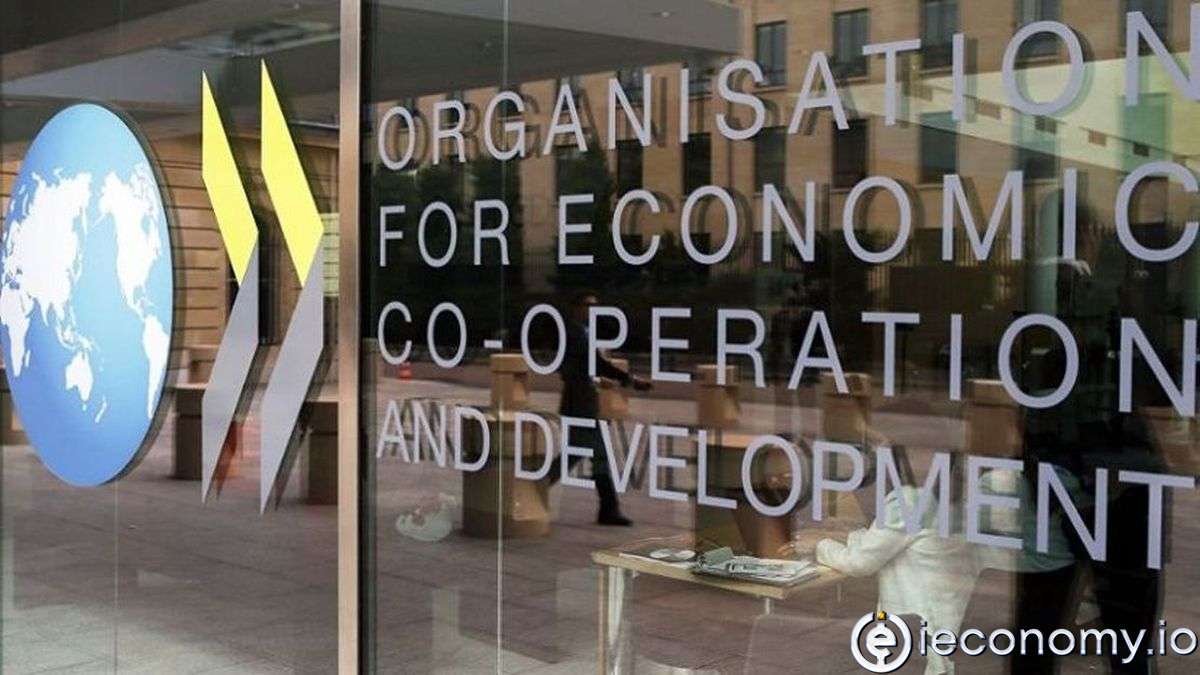11552
0
The world is facing serious fiscal problems, warns the OECD
The world is facing serious fiscal problems, warns the OECD. States will face increasing costs, especially for pensions and health care.

Yazar: Tom Roberts
Yayınlanma: 20 Ekim 2021 01:59
Güncellenme: 3 Mart 2026 03:37
The world is facing serious fiscal problems, warns the OECD
The world is facing serious fiscal problems, warns the OECD. During the new coronavirus pandemic, governments around the world have set aside huge sums to support economies and people alike. Public debt has thus already reached a level in some countries that forces them to consider consolidation. However, this is nothing compared to the fiscal difficulties they face in the coming decades. The Organization for Economic Co-operation and Development (OECD) said this in its latest report on Tuesday. According to the long-term scenario of the Paris-based organization, a slowdown in major emerging economies, demographic change and a slowdown in productivity growth will reduce the economic growth rates of OECD and G20 members (the world's 20 largest economies) from around 3% today to 1.5 percent in 2060. At the same time, states will face increasing costs, especially for pensions and health care. To maintain public services and benefits while stabilizing debt in this environment, governments would need to increase structural primary revenues by almost 8% of gross domestic product (GDP) between 2021 and 2060. At the same time, average expenditures could reach 10 percent of GDP, the OECD warned, noting that no new expenditures are included in this figure, such as for adaptation to climate change. "Secular trends, such as an aging population and rising relative prices for services, will continue to put pressure on government budgets," said an OECD paper by Yvan Guillemette and David Turner. They also recalled that the fiscal pressure in these long-term trends is linked to the servicing of public debt stemming from the pandemic period. However, states do not necessarily have to raise taxes to meet these challenges, the OECD said. Instead, the organization is proposing reforms to increase employment and raise the retirement age. The combination of these measures, including ensuring that the effective retirement age is increased by two-thirds of future increases in life expectancy, could, according to the organization, halve the projected rate of growth in fiscal pressure by 2060.İLGİLİ HABERLER





European stocks soared and focus shifted to German retail sales after Powell's speech!

Forex Signal For TRY/USD: Inflation Slowdown in November.

Forex Signal For GBP/USD: Bullish Trend Still Not Breaking While Recovery Continues.

Forex Signal For EUR/USD: Starry US Data Points to Higher Fed Increases.

Forex Signal For BTC/USD: Downside Continues as Bitcoin Recovery Moves Less.
En Popüler Haberler
Yorum Yap
Yorumlar
Henüz yorum yapan yok! İlk yorumu siz yapın...